At first, Ms. A. thought this was a symptom of lack of sleep due to work pressure. However, when the condition recurred many times, she went to the University of Medicine and Pharmacy Hospital in Ho Chi Minh City and was diagnosed with peripheral vestibular vertigo - tinnitus, possibly a sequela of vestibular neuritis.
Dizziness and tinnitus are two common symptoms that can be caused by many reasons, from benign disorders to serious diseases that require early intervention. Ignoring the early signs can lead to hearing loss, prolonged loss of balance, or affect daily activities, psychology and quality of life.

According to Dr. Ly Xuan Quang, Head of the Department of Otorhinolaryngology at the University of Medicine and Pharmacy Hospital in Ho Chi Minh City, the inner ear not only performs the function of hearing but also plays an important role in maintaining balance. When one of these two functions is disturbed, the patient may experience both dizziness and tinnitus at the same time. There are cases of subjective tinnitus, meaning that the patient only hears a buzzing sound, without any real sound. This is an early sign of auditory nerve damage. If not treated promptly, it can lead to sudden and irreversible deafness.
"Pure, persistent tinnitus cannot be ignored. It could be the first sign of sensorineural hearing loss - a type of deafness that is often irreversible if detected late. It is important that patients be diagnosed and closely monitored with specialized means such as audiometry, electro-auditory, MRI or vestibular tests," Dr. Ly Xuan Quang emphasized.
From the perspective of neurology, specialist doctor Pham Thi Ngoc Quyen - Department of Neurology, University of Medicine and Pharmacy Hospital, Ho Chi Minh City said that dizziness is a common symptom when patients come to the neurology clinic, but most of them come with the default diagnosis of "vestibular disorder", even though the cause is not clearly identified.
According to specialist 2 Pham Thi Ngoc Quyen, the feeling of dizziness often originates from a disorder of the ability to maintain balance, which is responsible for 3 systems: deep sensation, vision and vestibular. When one of these 3 systems is damaged, the brain will react with a feeling of movement hallucination - vertigo. In particular, if dizziness is accompanied by tinnitus, it is often related to the vestibular system of the inner ear.
However, experts warn against being subjective, because there are many other causes of dizziness, from postural hypotension, anxiety, insomnia to serious disorders such as stroke. Doctor Quyen especially emphasizes the condition of "simple dizziness" that suddenly appears in the elderly with vascular risk factors such as high blood pressure, diabetes, dyslipidemia... need to be careful because this can be the initial symptom of stroke.
For identification, the doctor introduced the BE-FAST scale, in which B (Balance) and E (Eyes) are two early signs, supplementing the traditional FAST scale to improve the ability to detect potential cerebrovascular events. In addition, cases of prolonged dizziness with tinnitus may have underlying pathologies such as eighth nerve tumor or vestibular neuritis - requiring a joint diagnosis between Neurology and Otorhinolaryngology.
At the University of Medicine and Pharmacy Hospital in Ho Chi Minh City, patients with dizziness and tinnitus have access to a comprehensive and systematic diagnostic process, combining the following specialties: ENT, Neurology, Diagnostic Imaging and Clinical Psychology. With a system of modern equipment such as auditory brainstem response (ABR), eye movement recording to examine the vestibular system ( VNG ), ENT endoscopy, brain MRI and objective - subjective audiometry, doctors can accurately determine the cause of the symptoms. Depending on the results, patients will receive individualized treatment with appropriate regimens: from symptomatic medication, vestibular rehabilitation instructions, to surgical intervention or lifestyle adjustments to control long-term recurrence.
Doctors emphasize the message: "Dizziness and tinnitus are not simply due to fatigue or stress, but can be signs of deeper disorders in the body." Correct identification, early examination and timely treatment are the best ways to prevent complications and protect quality of life.
In order to provide accurate and timely information to the community, recently, Ho Chi Minh City University of Medicine and Pharmacy Hospital in collaboration with Abbott Vietnam organized a consultation program with the topic: "Dizziness with tinnitus - Not just anyone's problem" .
The program has the participation of Dr. Ly Xuan Quang, Head of the Department of Otorhinolaryngology and Specialist 2 Pham Thi Ngoc Quyen, Department of Neurology, University of Medicine and Pharmacy Hospital, Ho Chi Minh City. Watch the program at: https://bit.ly/QuanlyChongmatUtai .
Source: https://thanhnien.vn/chong-mat-kem-u-tai-dau-hieu-khong-the-chu-quan-18525081516353747.htm



![[Photo] General Secretary To Lam and National Assembly Chairman Tran Thanh Man attend the 80th Anniversary of the Traditional Day of the Vietnamese Inspection Sector](https://vphoto.vietnam.vn/thumb/1200x675/vietnam/resource/IMAGE/2025/11/17/1763356362984_a2-bnd-7940-3561-jpg.webp)




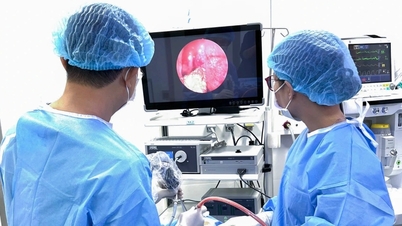




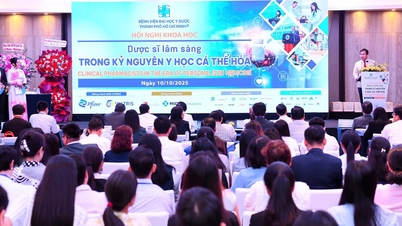







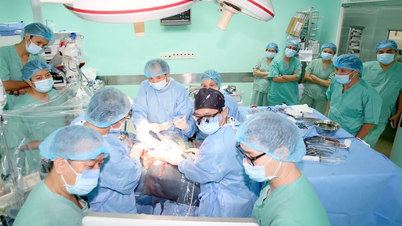







































































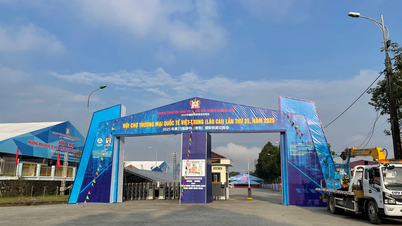









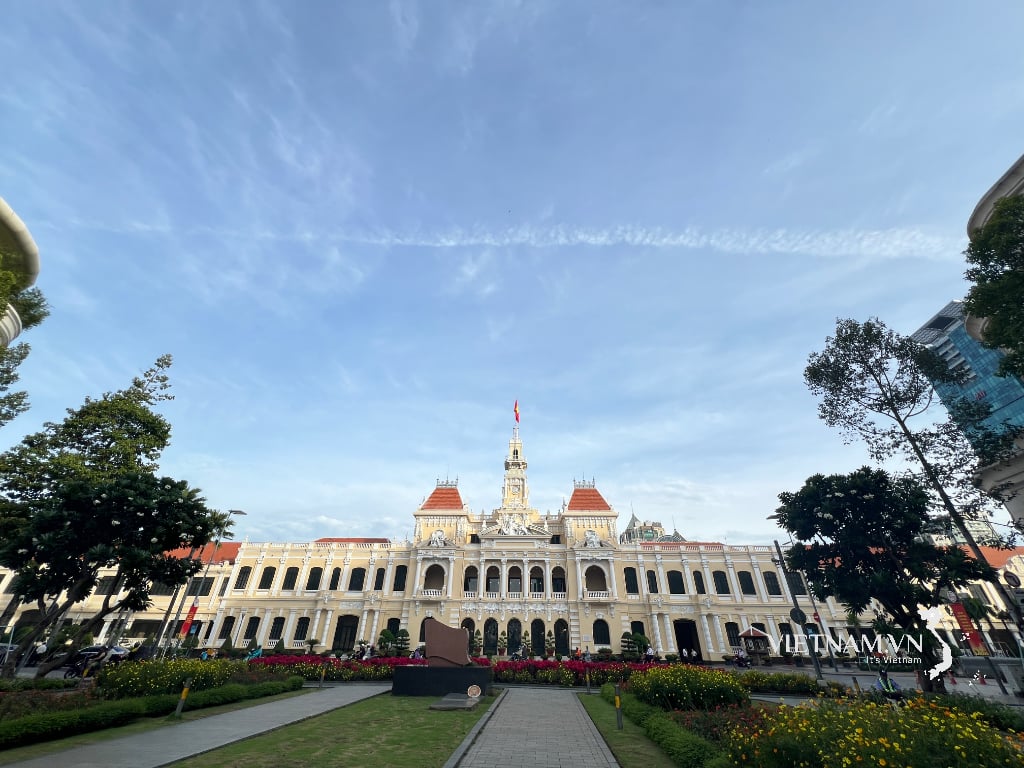



Comment (0)